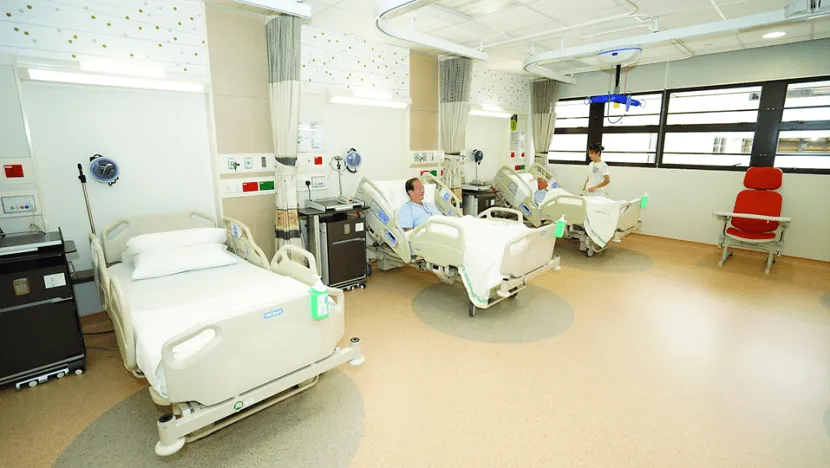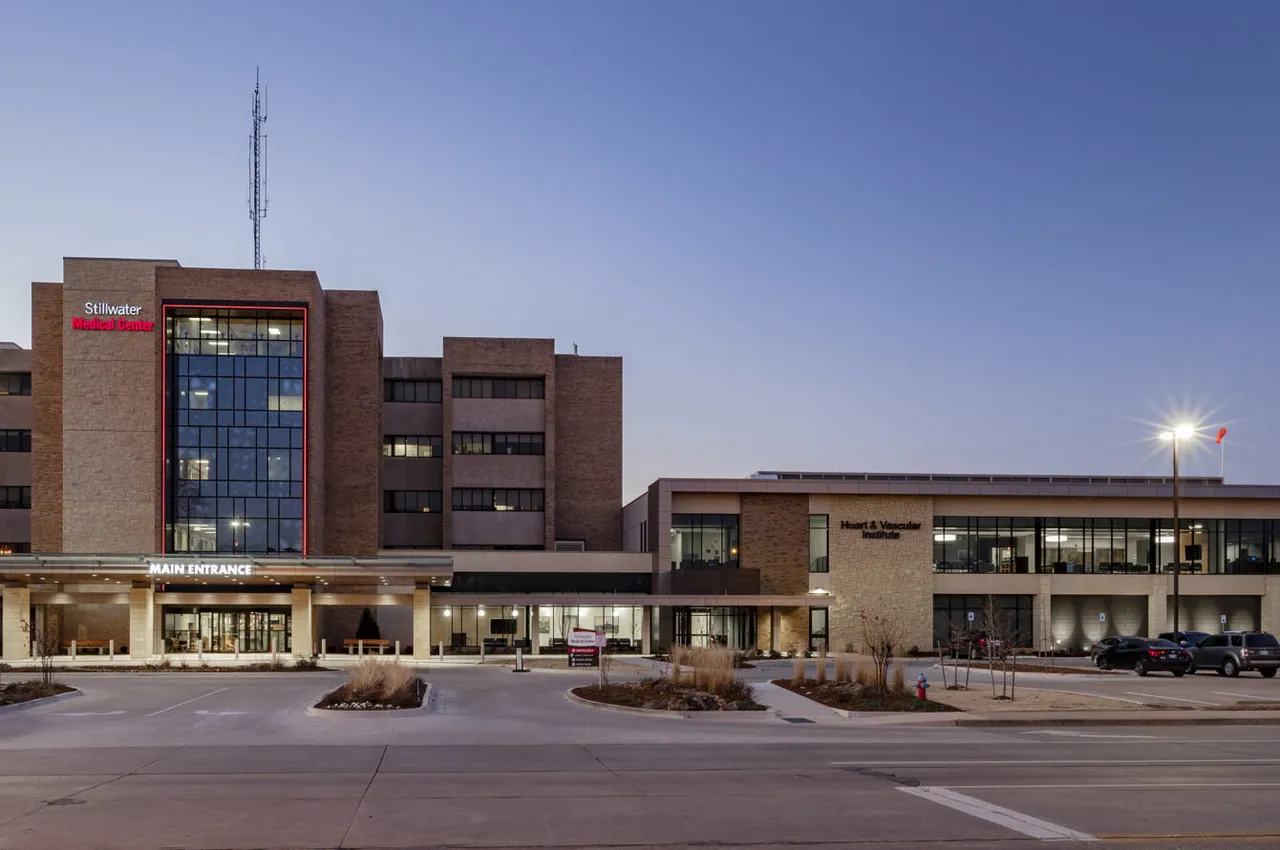Is Cheaper, High-Quality Health Care Possible?

Image Source
A simple yes or no question, yet a question that has continued to appear in America's political system. Citizens of the nation are critical of a system that they believe overcharges, conceals costs, and forces them into options that are not in their best interest financially. Unfortunately, there may be some truth to some of these American frustrations. Upon watching the guest lecture from Dr. Sean Flynn with the Oklahoma State Free Enterprise Society, my eyes were opened to some of the major problems that are afflicting our health care system. But to answer the pressing question, is there a cheaper version of the high-quality healthcare America offers? Yes, and it is already taking place in the nation of Singapore.
Singapore System's

Image Source
While the first thing that comes to mind when you hear Singapore is likely not "the Singapore health system is such an established and effective system," it actually would be a true statement. Singapore approaches the healthcare of their nation in a much different manner than the United States has, and for their country, it has been more than just successful. Singapore's healthcare system is able to operate at a fraction of the cost of America's system and still ranks in the top of the world for quality of health care and many health related statistics. Singapore works to ensure that all citizens have money available to use on any healthcare costs that may arise by mandating a portion of their income be designated to a health savings system known as Medisave. Additionally, the costs of healthcare in the country are very transparent and with government regulations to keep the price down, Singaporeans are able to compare prices of procedures at different doctors and make the decision that is best for them. This also pushes the quality of doctors to remain high as a transparent healthcare market allows consumers to find the best and most affordable care in the area. A mix of both public and private services and systems also stimulates the Singaporean healthcare system and provides opportunities for hospitals and doctors' offices to compete on services and cost.
The system varies drastically from what we experience in America, as there is less push for personal responsibility for the cost of healthcare and a much less transparent system in place for the cost of care in the nation. These things that make the Singaporean system so effective and beneficial to its people are just completely absent in the United States. Employers are encouraged to provide insurance to its employees, who are not required to invest anything into a Medisave account or any similar healthcare savings account. Additionally, many Americans are often blindsided by the staggering costs of procedures and provision of care. With no transparency on the financials of healthcare and no required system of saving for medical expenses, many Americans are left struggling to afford the cost of significant procedures that could save or drastically improve their condition of life.
Could This Work In America

Image Source
The Singaporean system is clearly very effective and beneficial for the Singaporeans and their needs, however, when looking at the problems that plague the American system, could adopting a similar system help and is it even possible? According to Dr. Flynn, implementing the system should actually be very easy, as it is so decentralized that it would be easily transferred to other nations and could take the place of the current system. The system would also be able to scale up to match the needs of a much larger American population. I think there would be a challenge getting citizens to invest in a mandatory savings account solely for the purpose of healthcare, especially when so many jobs offer so many medical benefits such as insurance, however, I do think there are many benefits to pushing personal responsibility for the cost of medical care. Additionally, this would cut down on government costs for medical care, could possibly encourage healthier habits among Americans, and would create a push for transparency of medical costs as people would be using their own money to pay for health services.
Conclusion
America's current system of healthcare undoubtedly has a number of flaws. Using a system based on decisions from so long ago is sure to have problems in a more modernized world. While there are multiple trains of thought to how this problem should be addressed in the United States, the lecture from Dr. Flynn has opened my eyes to the possibility of adopting the Singaporean system. While used in a much smaller nation, the system has proven itself effective and affordable, being ranked as one of the best systems in both categories of healthcare. While the transition may have a few bumps, ultimately I believe it could serve as a legitimate improvement to the current American system and should be considered as a viable solution for our healthcare system.